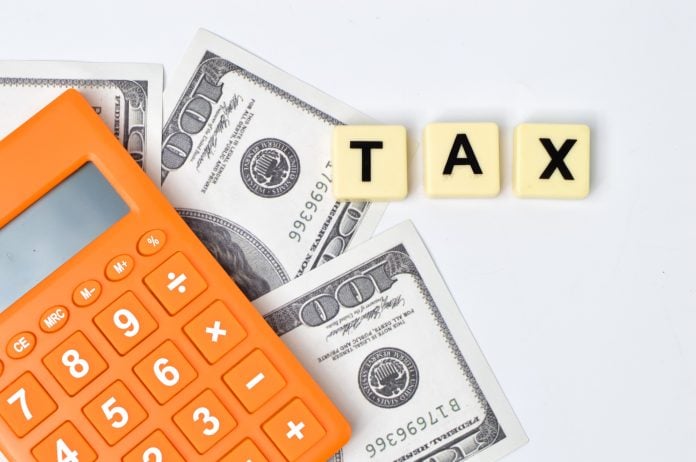Key Takeaways
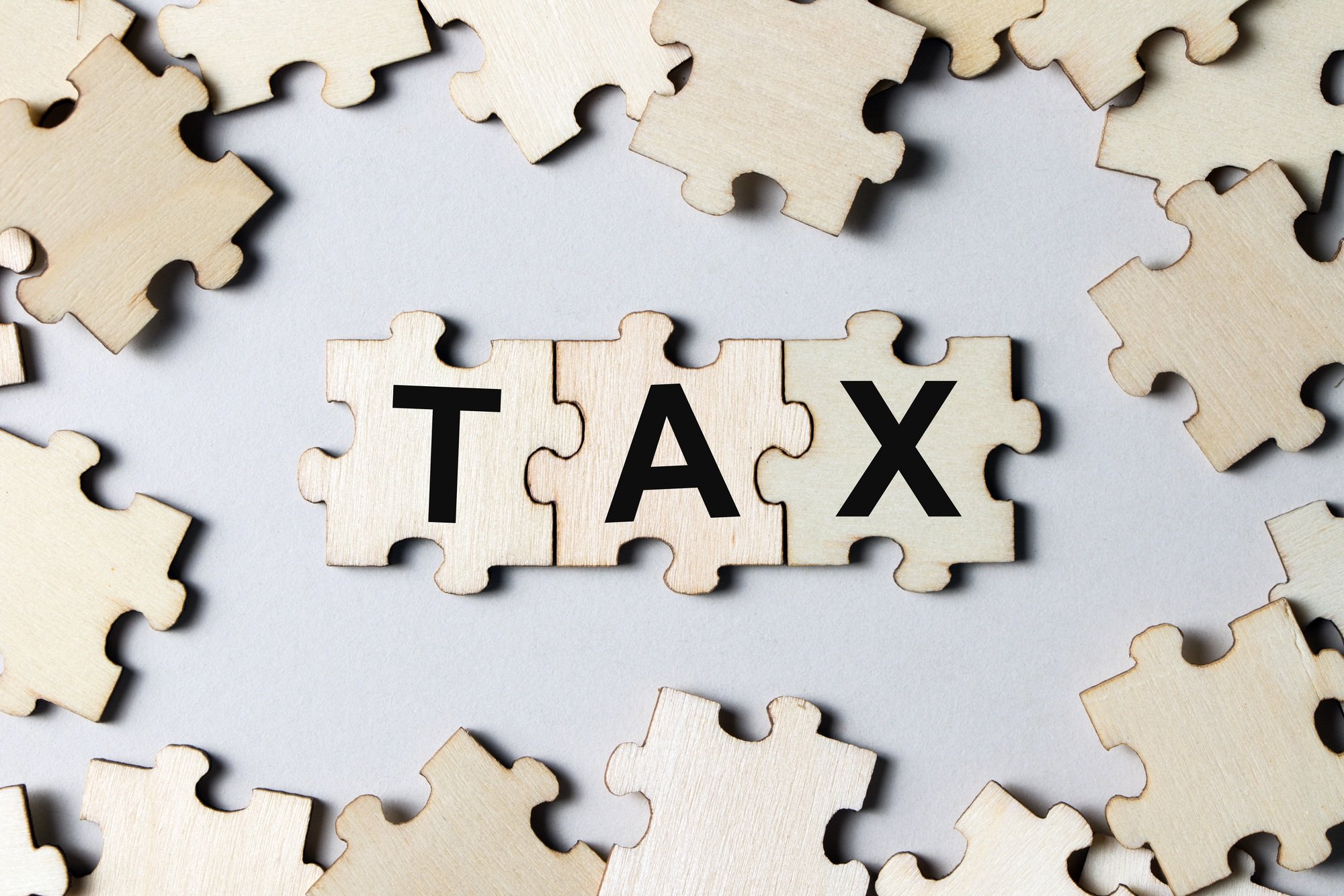
- Understanding Federal Excise Tax: This tax applies to specific goods and services, impacting both consumers and businesses by influencing pricing strategies and profit margins.
- Types of Taxes: Recognize different federal excise taxes such as sumptuary taxes on harmful products, regulatory taxes for environmental protection, and benefit-based taxes for public goods.
- Tax Calculation Methods: Federal excise taxes are calculated using ad valorem (percentage-based) and specific (fixed amount per unit) methods, which are essential for accurate budgeting and financial planning.
- Impact on Consumers: Federal excise taxes can lead to increased prices for goods and shift consumer purchasing habits, significantly affecting how consumers allocate their budgets.
- Small Business Strategies: Businesses need to understand excise taxes to better manage cash flow, inventory, and marketing efforts, ensuring resilience in a competitive market.
- Future Planning: Anticipating the effects of federal excise taxes can enhance financial forecasts and facilitate informed decisions for loans, expansion, and overall business operations.
Navigating the world of taxes can be daunting, especially when it comes to federal excise tax. This specific tax affects various goods and services, playing a crucial role in funding government programs. Whether you’re a business owner or a consumer, understanding how this tax impacts your finances is essential.
Federal excise taxes are often included in the price of items like gasoline, alcohol, and tobacco. These taxes can influence purchasing decisions and overall market prices. By grasping the fundamentals of federal excise tax, you can make more informed choices and better manage your budget. Let’s dive deeper into what these taxes entail and how they might affect you.
Overview Of Federal Excise Tax
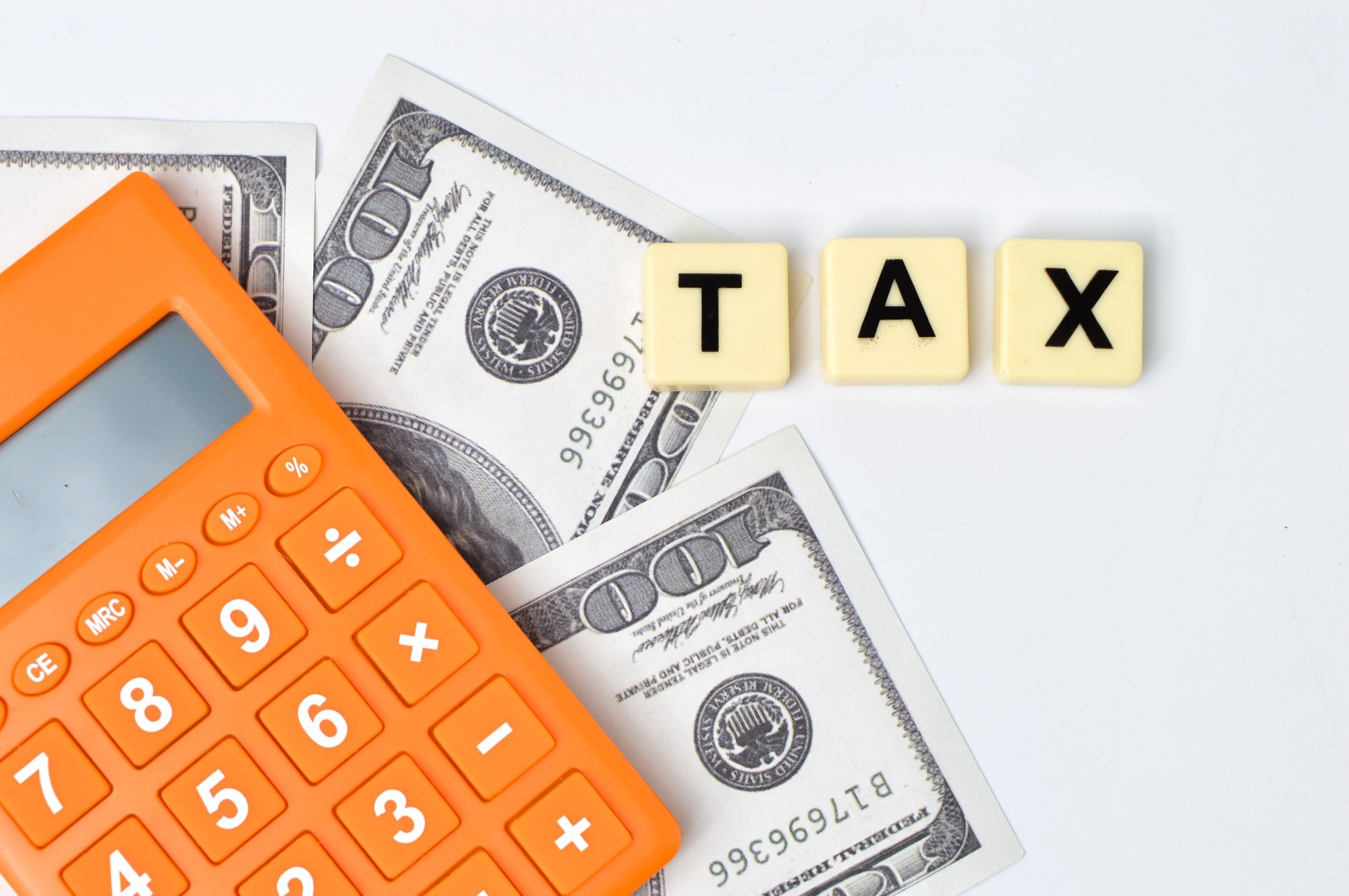
Federal excise tax applies to specific goods and services, impacting both consumers and businesses. For small businesses, understanding this tax is crucial, as it can influence pricing strategies and profit margins.
The tax typically affects products such as gasoline, alcohol, tobacco, and certain types of equipment. Businesses often pass these costs onto customers, which can alter purchasing decisions and overall sales.
Businesses that provide rental services or leisure activities, for example, may face additional excise taxes on recreational equipment. This added expense can affect cash flow and financial planning.
Familiarity with federal excise tax allows you to anticipate its effects on your pricing and can guide you when seeking loans for expansion or inventory. By factoring in these taxes during your financial assessments, you can create more accurate forecasts and strategies.
Types Of Federal Excise Taxes
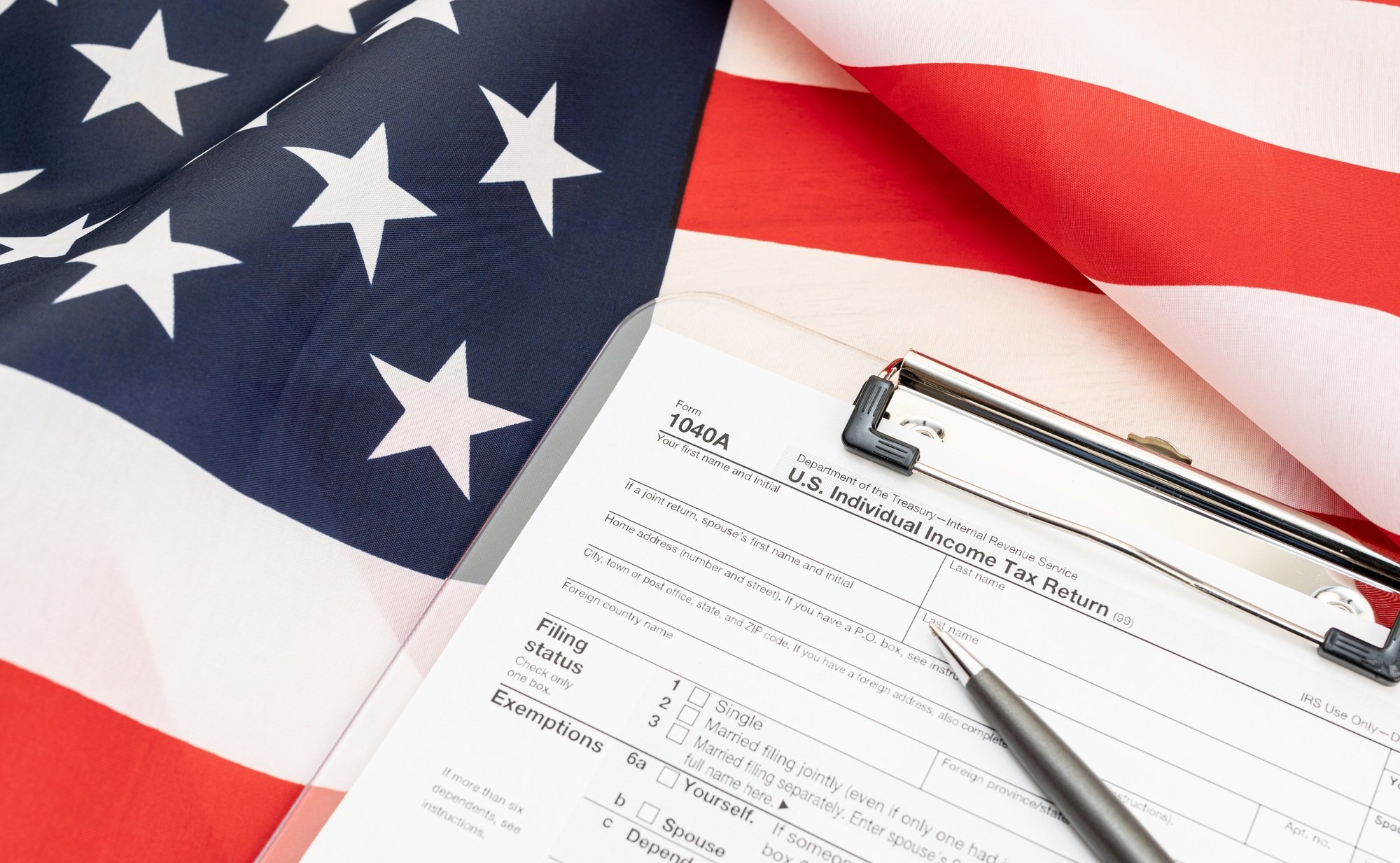
Federal excise taxes represent important factors for small businesses, particularly in how they influence pricing strategies and profit margins. Understanding these taxes helps you make informed decisions about loans and financial planning.
Sumptuary (or “Sin”) Taxes
You encounter sumptuary taxes when engaging with products deemed harmful to society, like alcohol, tobacco, and firearms. These taxes aim to reduce consumption and mitigate negative externalities. Small businesses selling these products might adjust their prices to account for the added tax burden, impacting overall sales and customer behavior.
Regulatory or Environmental Taxes
You may face regulatory or environmental taxes if your business operates in industries that produce negative externalities. These taxes target commodities like ozone-depleting chemicals and hazardous substances, promoting public safety and environmental protection. Understanding these costs helps you budget effectively and plan for future projects.
Benefit-Based Taxes (or User Charges)
Benefit-based taxes charge businesses that utilize specific public goods for amenities or services. These taxes fund the financing and maintenance of such goods, affecting operational costs. For small businesses, calculating these expenses accurately can improve financial forecasts and help manage cash flow efficiently.
How Federal Excise Taxes Are Calculated

Federal excise taxes are calculated using two primary methods: ad valorem taxes and specific taxes. Understanding these methods is vital for managing your business finances and preparing for potential loans.
Ad Valorem Taxes
Ad valorem taxes apply as a percentage of the total purchase price or other specified value of goods or services. You can calculate ad valorem taxes using the formula:
[ text{Price of product} times text{Tax rate} times text{Quantity} = text{Tax liability} ]
For example, if you sell a product priced at $100 with a tax rate of 10%, you’ll incur a tax liability of $10 ($100 (times) 0.10 = $10). This calculation helps you determine your costs and set pricing strategies effectively.
Specific Taxes
Specific taxes are assessed as a fixed dollar amount per unit of a product or service, often based on weight, volume, or other physical measurements. For instance, if there’s a specific tax of $0.50 per unit on a beverage, and you sell 1,000 units, your tax liability amounts to $500 ($0.50 (times) 1,000 = $500). Knowing this helps you estimate expenses accurately and manage your budget, especially when seeking loans or planning for expansion.
By understanding these calculations, you can anticipate the impact of federal excise taxes on your pricing and financial strategies, ensuring your small business remains competitive and compliant.
Impact Of Federal Excise Taxes On Consumers
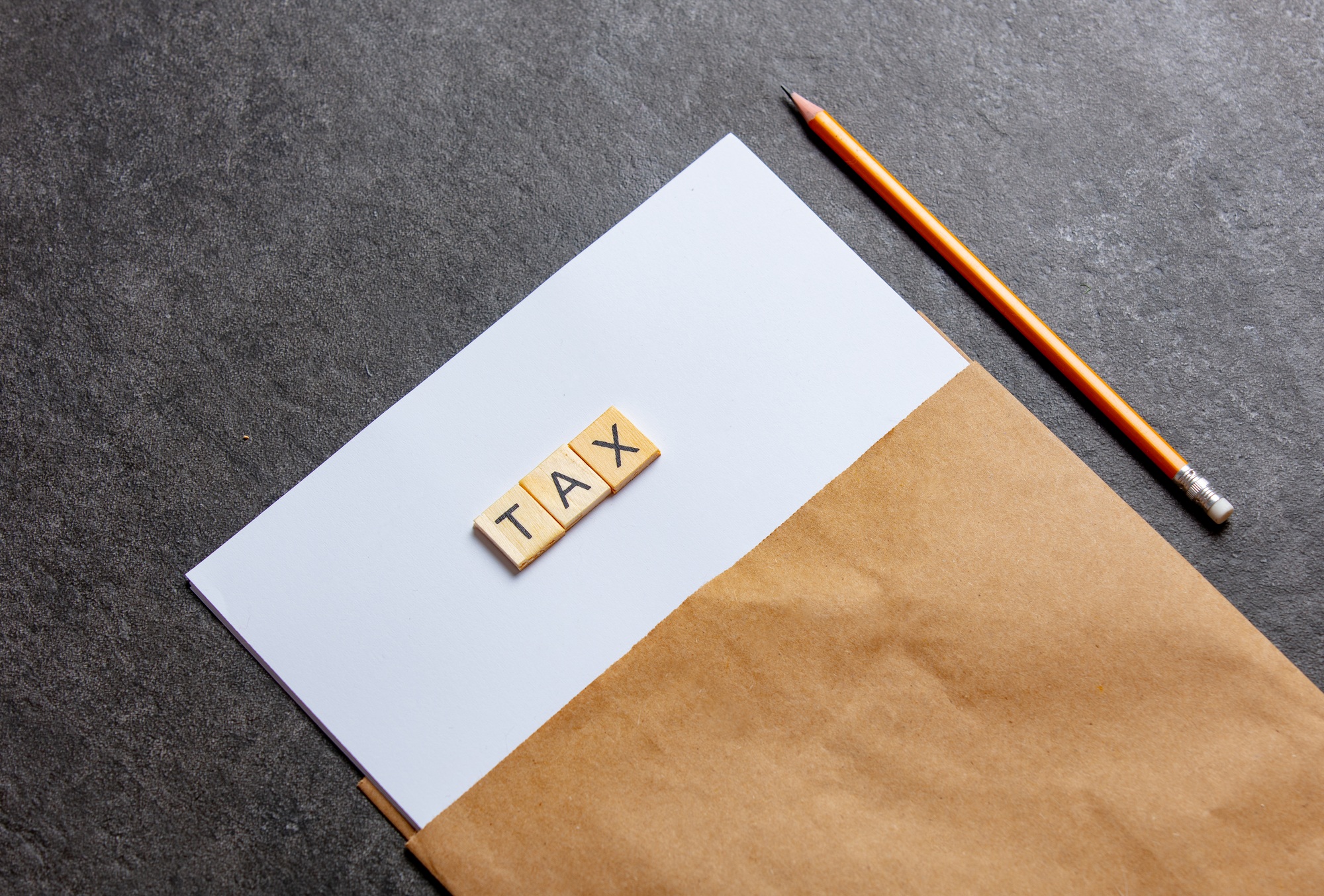
Federal excise taxes significantly impact you as a consumer, primarily through increased prices and shifting consumption patterns.
Increased Prices
Businesses, including small businesses, often pass federal excise taxes onto consumers, raising retail prices. For instance, if the federal excise tax on tobacco products doubles from $1.01 to $2.02 per pack, you’ll notice higher prices at checkout. Such increases can affect your purchasing power, leading you to reconsider your spending habits. Understanding how these taxes influence prices help you make informed choices when shopping.
Consumption Patterns
Federal excise taxes also alter your consumption patterns. Higher prices typically result in reduced consumption of taxed products. For small businesses, recognizing these changes is vital for shaping inventory decisions and marketing strategies. When taxes influence your preferences against goods like alcohol or tobacco, sales for those products might decline. Small businesses must adapt to these shifts in consumer behavior to mitigate potential losses and adjust approach in their financial planning.
Navigating the effects of federal excise taxes helps you and other consumers understand not only retail price dynamics but also the broader market implications, shaping overall spending trends and saving strategies.
Conclusion
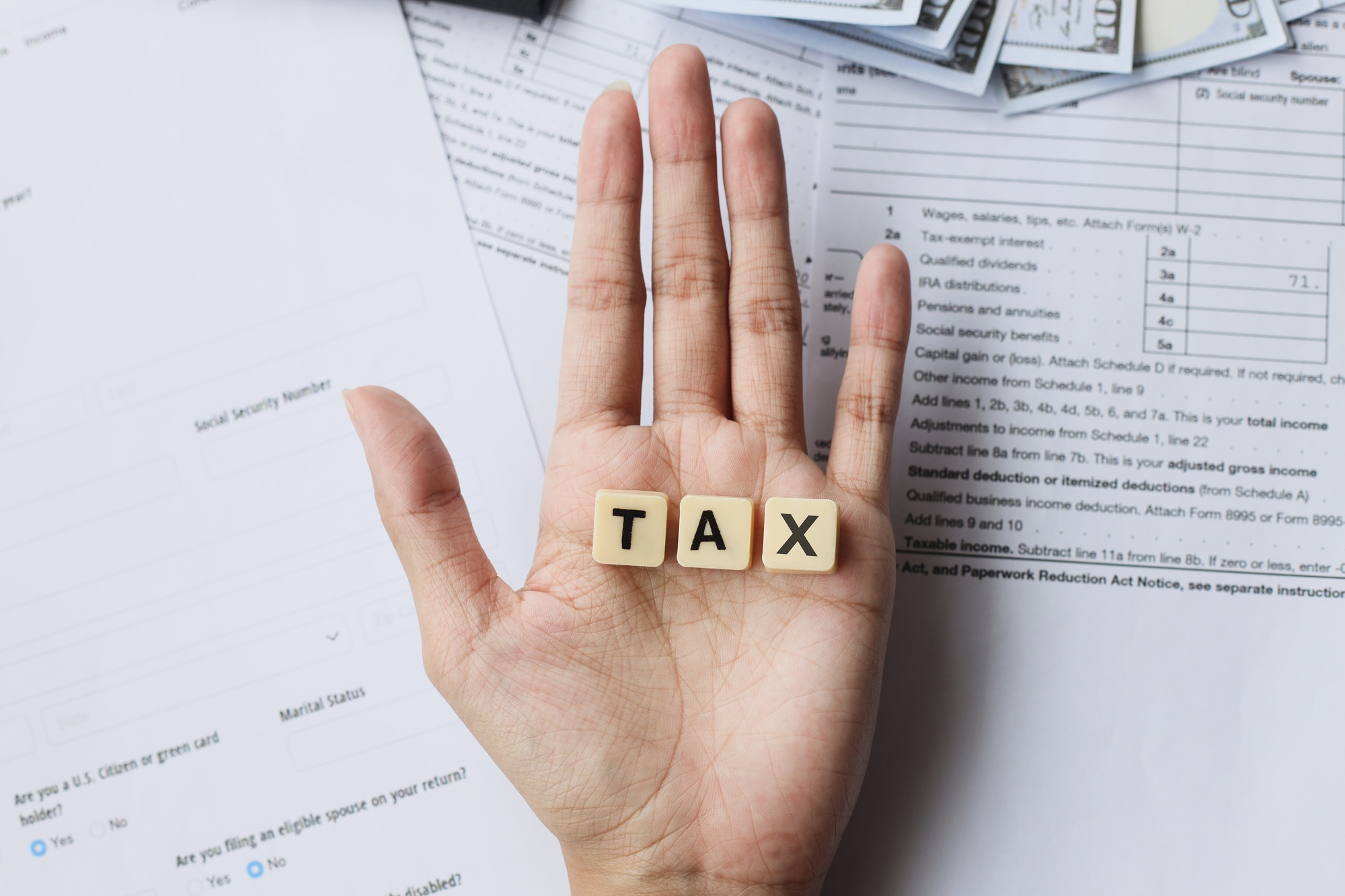
Navigating the landscape of federal excise tax is essential for both consumers and business owners. By understanding how these taxes influence pricing and purchasing decisions, you can make more informed choices.
For small businesses, recognizing the impact of excise taxes on cash flow and profitability is crucial for effective financial planning. Adapting to these tax implications can help you maintain competitiveness in the market.
Ultimately, staying informed about federal excise taxes not only aids in personal finance management but also empowers you to make strategic decisions that align with your financial goals.
Frequently Asked Questions
What is a federal excise tax?
Federal excise tax is a tax on specific goods and services imposed by the federal government to fund various programs. It primarily affects items like gasoline, alcohol, and tobacco.
Why is it important to understand federal excise tax for consumers?
Understanding federal excise tax helps consumers recognize how it impacts product prices and purchasing decisions, ultimately affecting their budgets and spending habits.
How does federal excise tax affect small businesses?
Small businesses often bear the cost of federal excise tax, which can influence their pricing strategies, profit margins, and overall financial planning.
What types of goods are typically subject to federal excise tax?
Goods subject to federal excise tax include alcohol, tobacco, gasoline, and certain recreational equipment, as well as services like rental activities that may incur additional taxes.
What are the two primary methods of calculating federal excise tax?
Federal excise tax can be calculated using ad valorem taxes (a percentage of the total purchase price) or specific taxes (a fixed dollar amount per product unit).
How do federal excise taxes influence consumer spending?
Higher federal excise taxes often lead to increased retail prices, potentially reducing consumption of affected products and altering consumer spending patterns.
Does federal excise tax apply to both businesses and individuals?
Yes, federal excise tax impacts both businesses, which may pass costs onto consumers, and individual consumers directly through increased prices on taxed goods and services.
Are there different categories of federal excise taxes?
Yes, federal excise taxes can be categorized into sumptuary taxes, regulatory taxes, and benefit-based taxes, each targeting different products or services for specific reasons.
Image Via Envato


